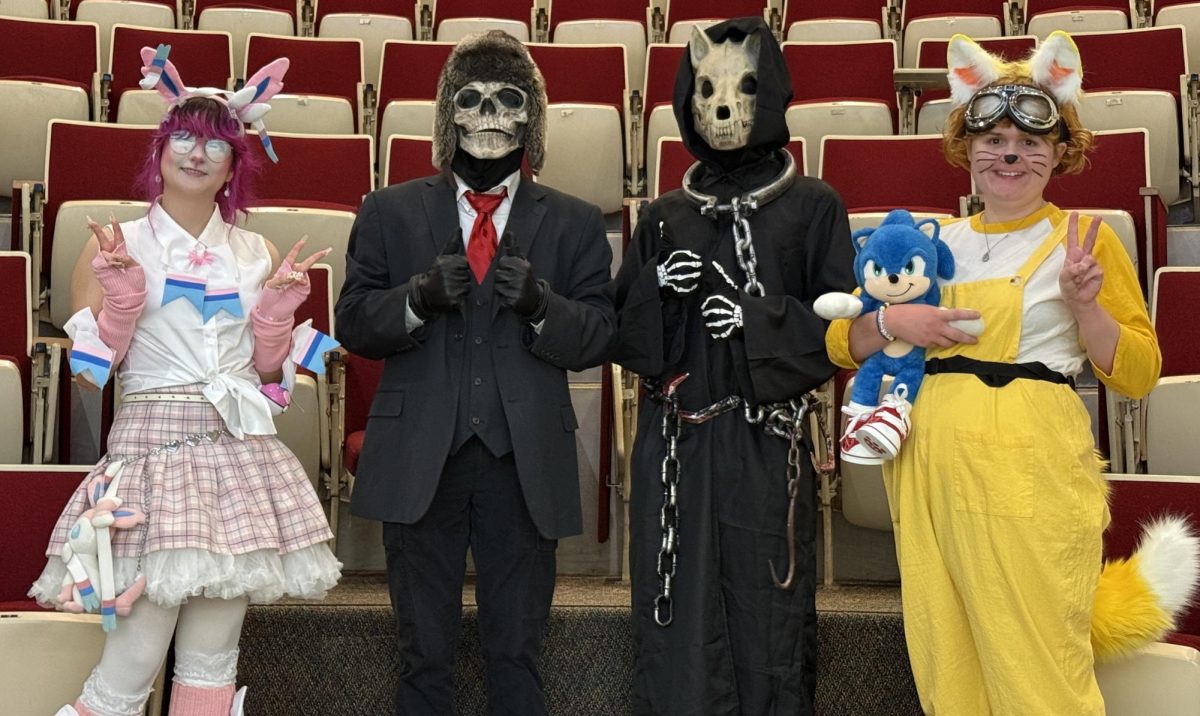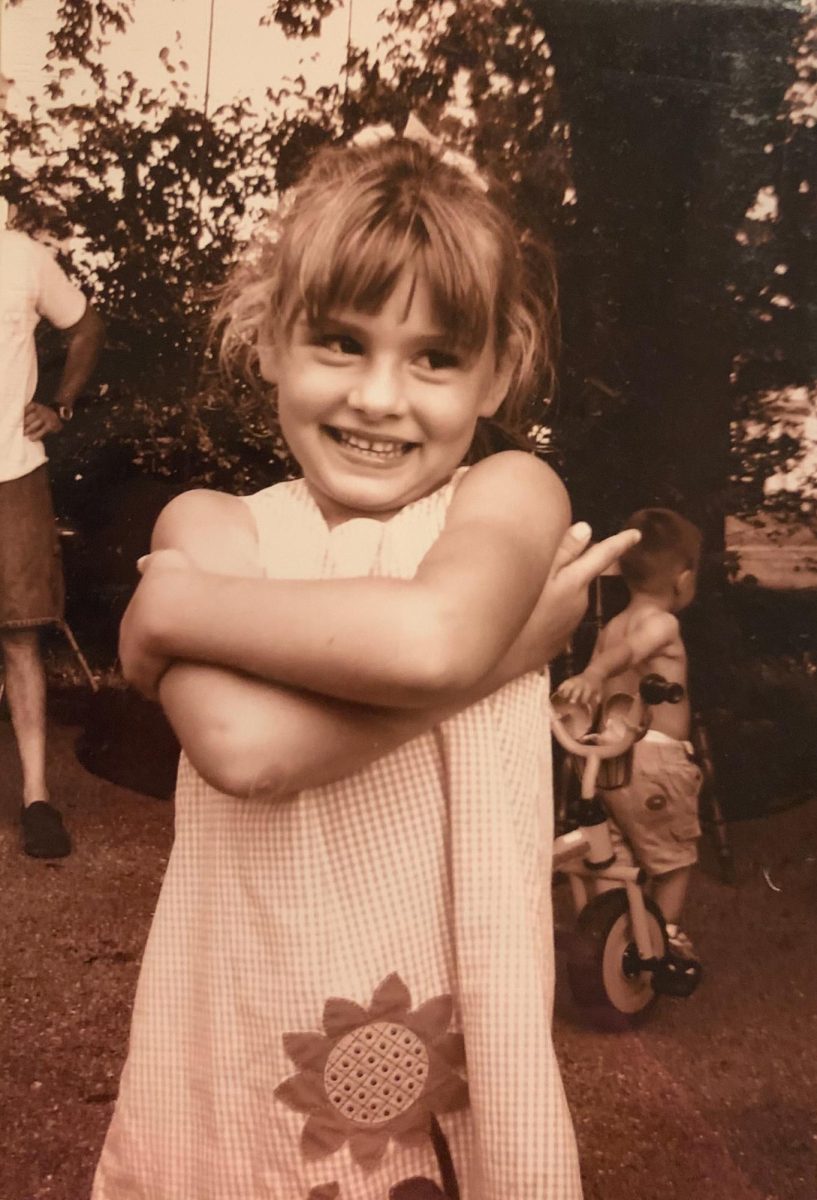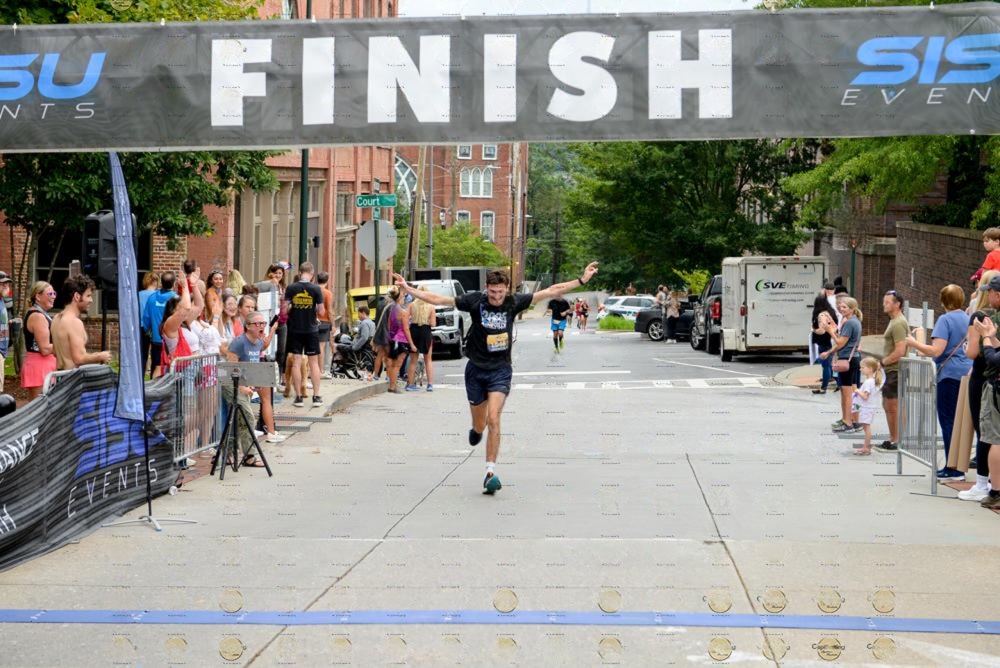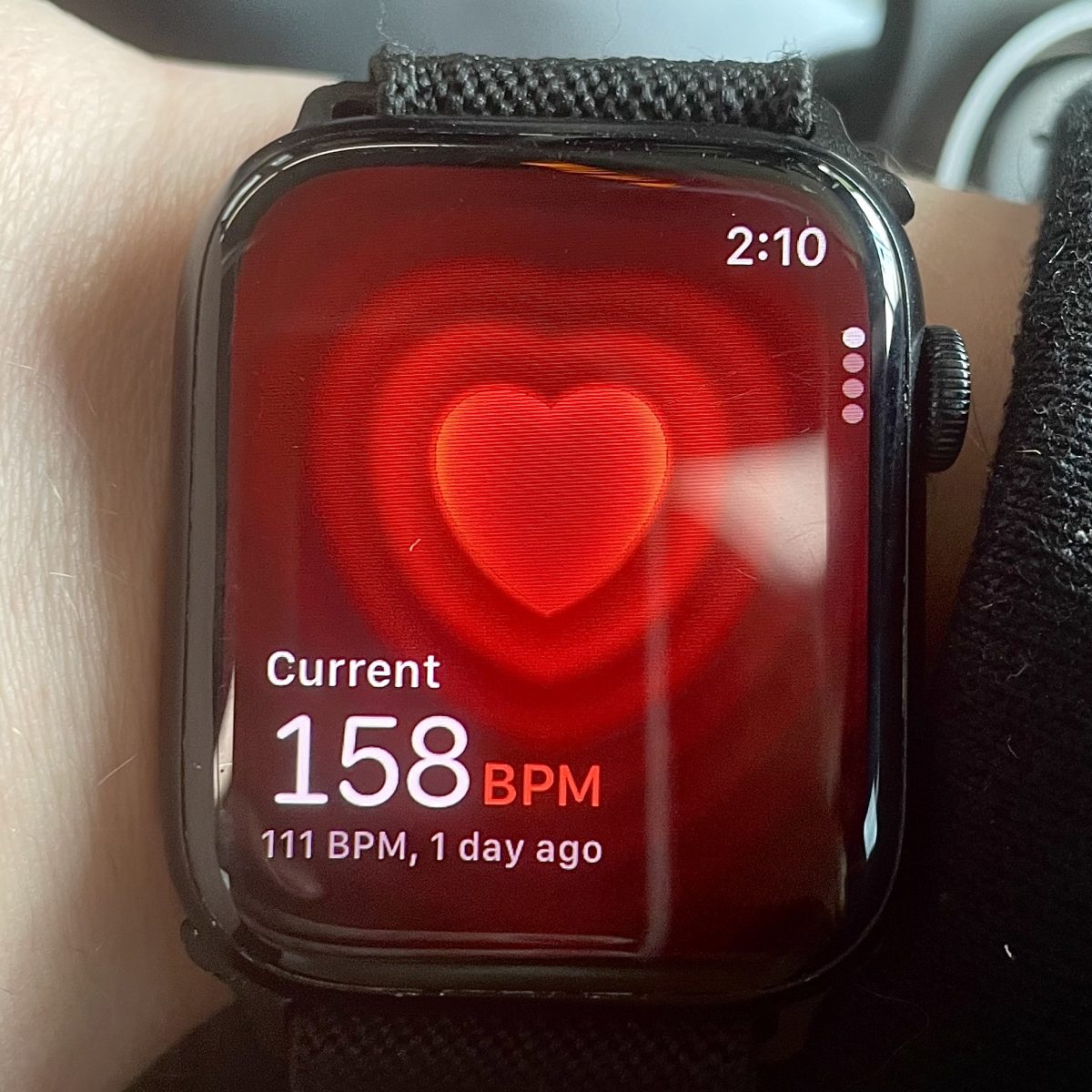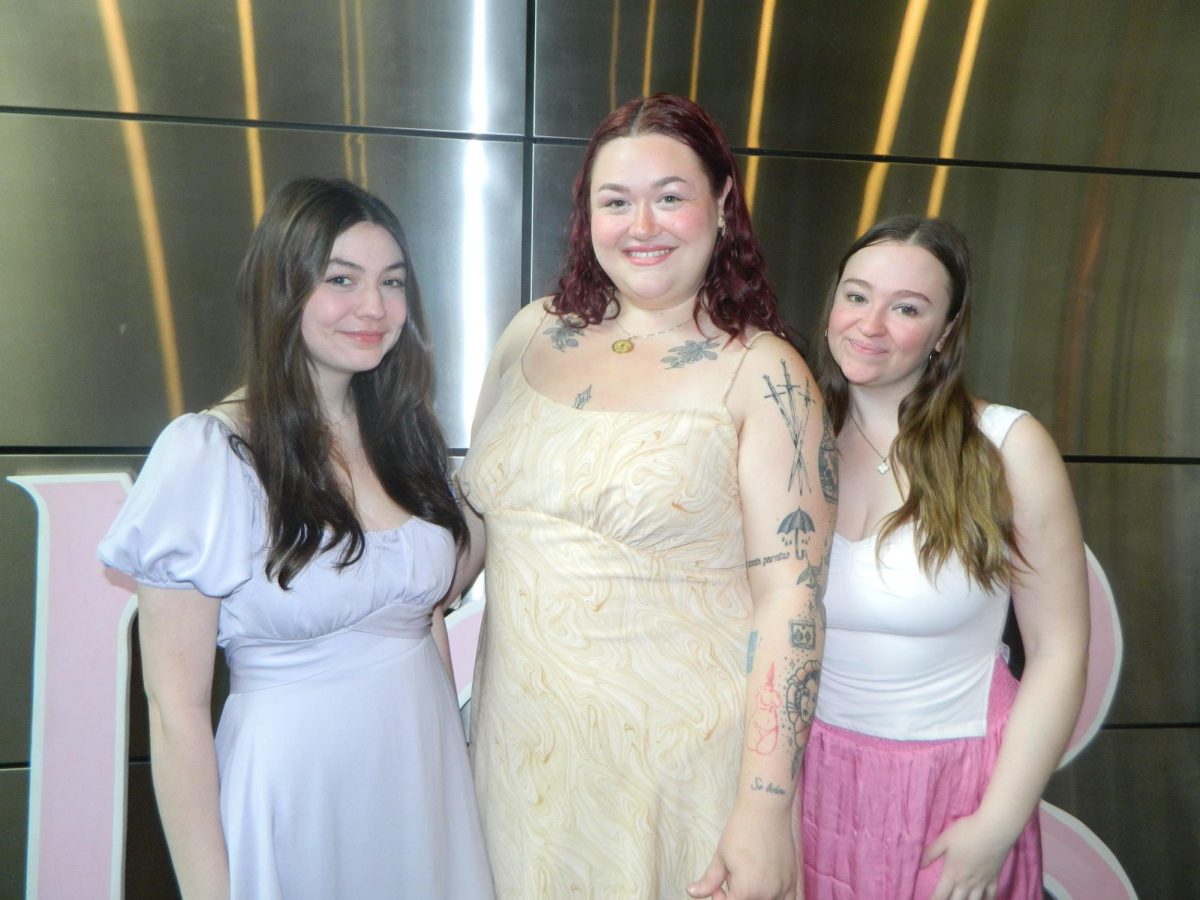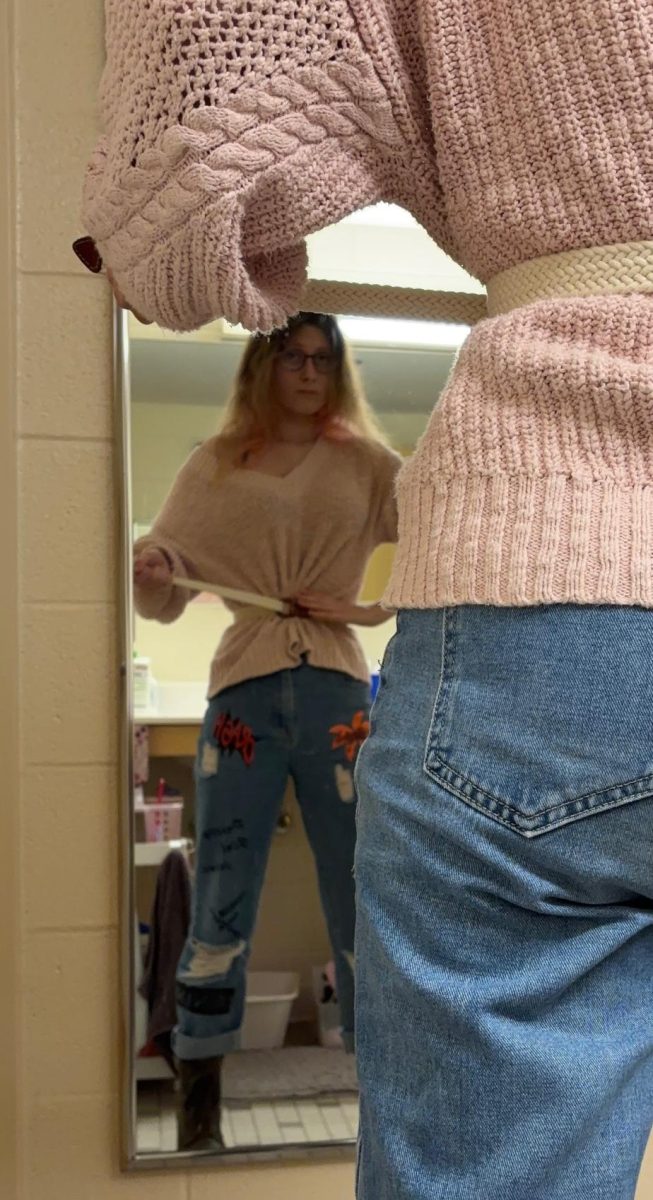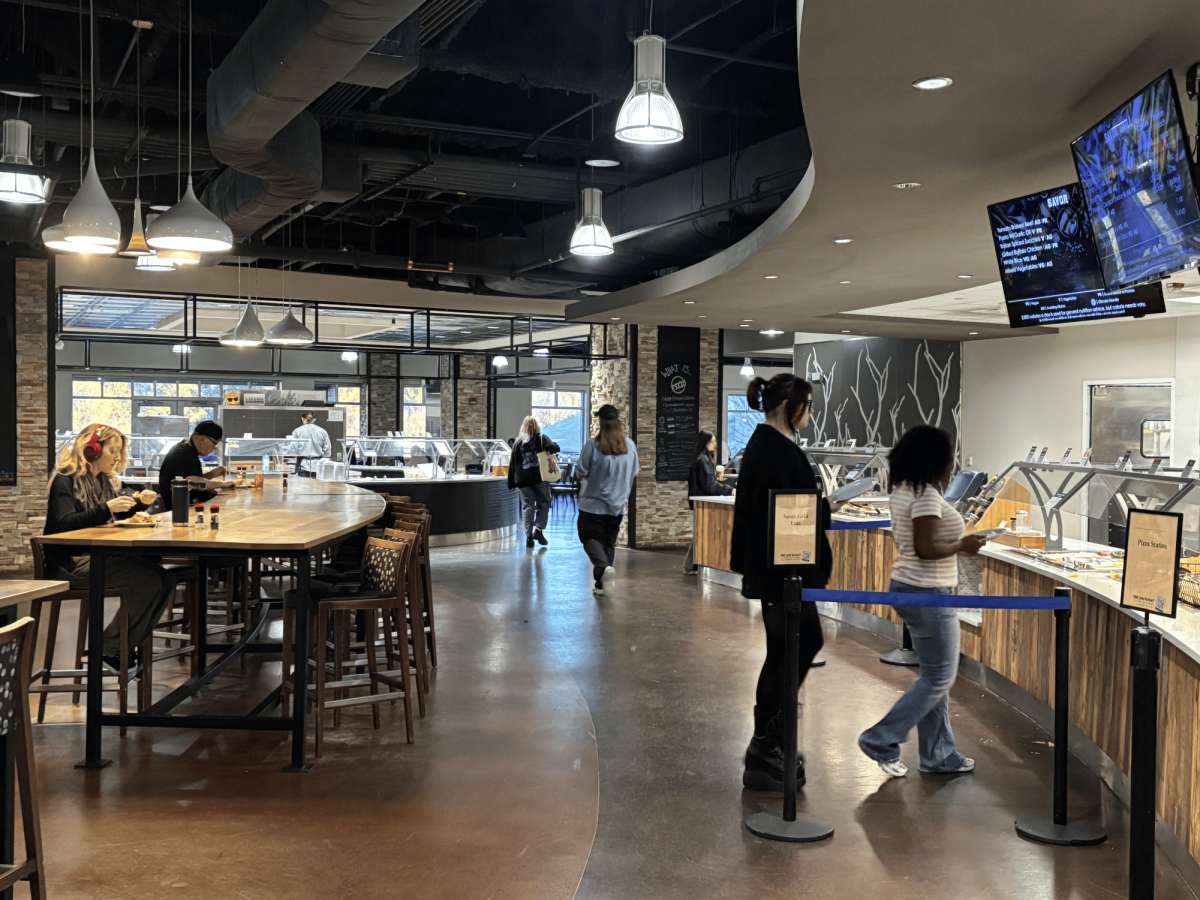I was once asked, “How do you view yourself?”
“The weird, annoying girl,” I said –
and the room fell quiet.
Their eyes widen with polite
discomfort,
silently questioning why anyone would
willingly self-label
so bluntly,
so unbeautifully.
But honesty rarely wears velvet ribbons
and my truth never came gift-wrapped.
Here’s something they don’t know:
I grew up in a car.
Not the hippie vagabond fantasy,
but a weary Saturn parked overnight on
random cul-de-sacs,
windows fogged by whispered dreams
of what life could be.
My mom was seventeen,
burdened too soon with generational ghosts.
Section 8 housing stamped our Social
Security cards –
The invisible ink of government statistics,
marked us permanently.
Another number added to the ledger
of teenage pregnancies and poverty,
a ledger everyone recognizes
but no one truly reads.
We were girls gambling
with the cards we didn’t ask for.
Kewanee, Illinois, was home –
if home means little more than Walmart
groceries
and tractor tires.
A town where John Deere passes
as cultural landmarks
and kids learn to drive at ten
because on those quiet roads,
nobody minds.
(Kewanee”means “greater prairie chicken”
–
courtesy of the Winnebago tribe.)
Life was revolving door
of borrowed couches,
borrowed rooms,
borrowed people.
until my stepdad showed up –
baby, I got your money,
dirty ole bastard
playing faintly from his battered boombox,
as he traded small-town dead-ends
for Peoria’s louder, meaner streets.
Graduating to Peoria was not glamorous.
It was dark.
Defined by broken streetlights
and bullet-ridden signs.
Cleaning motel rooms at
The Econo Lodge
was where hope overdosed quietly.
Taught me about life’s most intimate filth –
picking up behind others’ messy desperation,
a daily parade of human vulnerabilities
discarded for $7.50 an hour.
Tax withheld, dignity optional.
Taught me how animalistic people get
when they think no one’s watching.
Used condoms like sad ballons under stained sheets.
Blood smears on vinyl tiles,
lipstick messages scrawled on mirrors
like crime scenes with banter.
Syringes float in trash cans,
baby bottles in the sink.
Some rooms smelled like
stale pizza and cheaper cologne.
Others like regret
soaked in cigarette ash.
No one trains you for
that kind of intimacy –
the kind where you meet people through
what they leave behind.
I stuck around because my bosses at
the Econolodge,
treated me more like a daughter than an employee.
Migrants from India,
they wore their American names,
like a shield against questions
they were too tired to answer.
Their marriage was arranged.
Their life was not.
Vicky ran the place like a war general in a sari.
Strict, always watching,
but kind in the ways that mattered.
She fed me dal and chana masala
on my lunch breaks,
handed me bangles and bindis like
armor.
She said, Be careful, Trust no one,
even when I was scrubbing puke out of a bathtub.
Harry was quieter.
He gave me peace in a place full of chaos
with his cricket scores and soft whistling.
They didn’t owe me anything –
but they saw me.
The world treated us like background characters.
They didn’t care
who cleaned their motel sheets or who served them
with tired eyes and burned-out inspirations.
We held each other up
without saying the words.
I saved every cent.
Scraping together hope
like loose change under a vending machine.
Determined that if life was pushing me out,
I’d choose
where I’d land.
The streets of Peoria didn’t care who scrubbed their motel rooms.
They swallowed names,
not stories.
And just when I felt seen,
Just when I started believing I mattered,
The world reminded me:
its easier to dismiss you
than to understand you.
I am unapologetically a product
of my environment.
People comment casually on my skin tone,
mistaking heritage for a suntan,
reducing me swiftly
to a basic white bitch stereotype –
Starbucks cup optional.
Easy to dismiss,
simpler to stereotype,
too inconvenient to truly see.
So I turned inward.
In high school,
I wanted to be a scientist.
Not the lab-coat, test-tube kind.
I wanted to be Nikola Tesla with
chipped nail polish.
Harnessing quantum fields,
wiring free energy into the bones of broken neighborhoods.,
Fixing the fractures I was born into.
But I couldn’t even get into Chemistry.
Said my MAP score wasn’t high enough.
Like a multiple-choice test would measure
what I saw when I closed my eyes.
Some gatekeeper decided I wasn’t smart enough
for lab goggles and Bunsen burners –
like intelligence was a number
and not a survival skill.
Never mind the motel bleach fumes on my hands.
So they stuck me in Biology with Mr. Durham,
who handed out answers like coupons.
No homework, no challenge.
He’d say, “Why assign work when I could be on the lake?”
We all got A’s
Nobody learned a damn thing.
They handed me a schedule like a sentence.
Business math. General science. Keyboarding.
I watched my dream die quietly in a hallway
full of lockers that never opened all the way
while other kids dissected frogs and fumbled through formulas,
I was bagging up motel garbage and memorizing tesla quotes in between bleach fumes –
reading discarded physics books under my blanket
like contraband.
I got bored – dangerously bored.
Started Googling “Why does life suck?”
during class.
Found Buddhism.
Then stoicism.
Then a whole archive of philosophies that didnt ask me for test scores.
Spirituality was my quiet rebellion.
Discovering buddhism and yoga
felt like breathing oxygen underwater.
My parents scoffed,
labeling my pursuit of enlightenment
a waste of time,
too soft, too weird, too me.
always quick to remind me of inherent flaws.
Self-help books became my hidden
sanctuary,
cultivating a sense of self
beyond their narrow materialistic views.
They clung to materialism
like it might finally love them back.
I built a sanctuary
in silence, in stillness,
in the idea that I could be more
than the mold they poured me into.
Generational trauma arrived like an
inheritance
on the day my mother gifted me
independence
by showing me the door.
That shift – the quiet light –
is what got me kicked out
like my mom’s demons couldn’t stand the silence I brought into the house,
like my healing made too much noise
In a place where pain was supposed to live unchallenged.
But the eviction notice carried a price
I couldn’t yet afford:
loneliness.
My adulthood arrived
in a 2003 Ford Taurus named Merlin,
accompanied by bills
nobody believed were mine.
I hustled to buy my own groceries
and cook solitary dinners
on a stove that hissed judgment back at me.
North Carolina became my self-
proclaimed
land of promise,
my first real home,
bought with scraped-together savings
and stubborn hope —
a Craigslist Hail Mary
after a 3 a.m. prayer to a god
I wasn’t even sure was clocked in.
I was whispering
like some cracked-out televangelist:
“Just a studio. Under $600. Please.”
Three scrolls later – boom.
Merrimon Avenue. $595. Studio
the walls the color of quintessential sadness.
But no credit check.
That mattered.
I didn’t have bad credit. I had no credit.
Credit was for people who’d existed longer than their lease.
The place always smelled like a gas stove pilot light –
like something was about to blow, but never did.
The floors creaked like old bones, the kind of creak that made you paranoid,
like the apartment itself was spying on you.
Thin walls.
You could hear everything:
the old guy next door babbling about ducks and vape juice
like they were national emergencies,
the dude across the hall reciting sad-hope-core poetry
in a voice that begged for a therapist.
Summer turned it into a sauna.
Winter, a meat locker.
Nothing was ever the right temperature.
Like the apartment couldn’t decide if it wanted to rot you or freeze you first.
The fridge made this low guttural growl at night, like it was choking on its own loneliness.
But it was mine.
No one could tell me to leave.
No one could toss my stuff out,
because the only stuff I owned fit in the backseat of Merlin,
my rust-bucket Ford Taurus-slash-life raft-slash-mobile storage unit for a one-woman apocalypse.
Craigslist was a God that night.
God with banner ads and typos.
But promises proved slippery,
leaving me at eighteen,
young and hungry,
navigating adulthood without a compass.
Even the IRS required proof of
Independence –
recognizing my name
before I legally tasted cheap wine.
Bureaucracy delayed college
but couldn’t kill the dream.
Entering classrooms always felt slightly off-rhythm,
as peers never argued their existence against the federal government.
There’s a bitterness to independence
nobody warns about,
the kind sipped alone in silence each
night.
Yet I’ve survived,
become my harshest critic
and fiercest protector.
Turning twenty-five,
still chasing a bachelor’s degree,
feeling perpetually late
yet stubbornly alive.
It could taste bitter,
but it doesn’t.
I arrived authentically,
intact,
refusing to surrender














